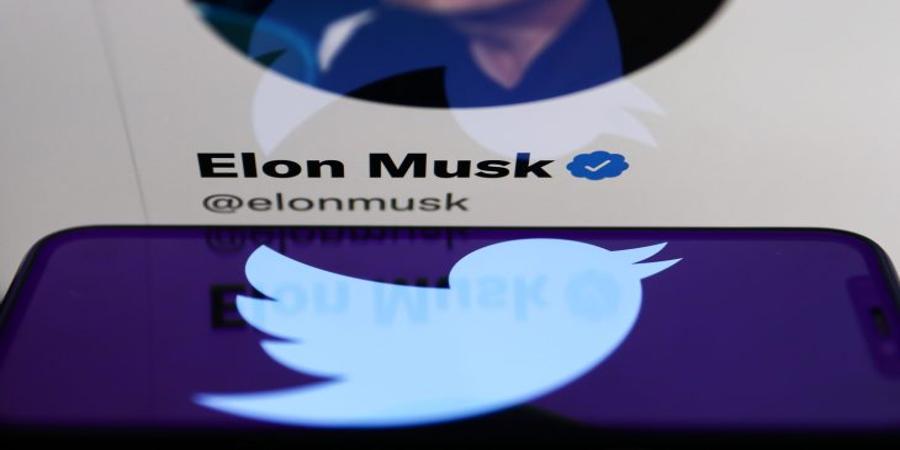The U.S. Securities and Exchange Commission (SEC) says Tesla CEO Elon Musk still needs to get pre-approval from lawyers before tweeting Tesla-related information.
The SEC penned its renewed stance this week in a letter to the U.S. Court of Appeals for the 2nd Circuit in New York, arguing that an earlier settlement agreement between the agency and Musk is fully constitutional and valid.
In 2018, Musk tweeted that he had “funding secured” to take Tesla private for $420 per share and that investor support for the deal was confirmed. Tesla’s share price fluctuated in the weeks that followed, which prompted an SEC investigation into whether Musk had committed securities fraud.
Musk and Tesla settled without admitting wrongdoing. They each paid $20 million in fines, Musk stepped down as Tesla chairman, and he agreed to run most Tesla-related comms by a lawyer before tweeting, lest he say something that affects share price.
In September 2022, Musk’s lawyers filed a brief with a court of appeals to rid the executive of a “government-imposed muzzle” that “inhibit[s] and chill[s] Mr. Musk’s lawful speech.” This was a month after a federal judge quashed Musk’s motion to end the same SEC settlement provision.
Earlier this week, Musk’s lawyers argued that a recent jury verdict in a separate trial should be considered in the appeal. In early February, Musk was found to be not liable for securities fraud in a class action lawsuit in which shareholders who lost money after Musk tweeted “funding secured” sued the executive for damages.
“In light of the jury finding that Mr. Musk’s tweets did not violate Rule 10b-5, the SEC lacks support both for the consent decree itself and for its arguments on appeal,” writes Spiro. “The verdict provides further reason why the public interest in avoiding unconstitutional settlements easily subsumes the SEC’s purported stake in the consent decree.”
Lawyers can submit supplemental authorities to an appellate court after filing a brief and before the court makes a decision if they find a new legal authority that’s directly related to the issue raised on appeal and has the potential to affect the outcome of the case.
The SEC rebuffed Spiro’s argument, saying that a jury verdict in a private securities-fraud action doesn’t qualify as a “pertinent and significant” authority. The agency also argued that Musk “waived his opportunity to test the Commission’s allegations at trial when he voluntarily agreed (twice) to a consent judgement.”
The agency argued that the verdict doesn’t address the public interest involved in the negotiated settlement and doesn’t preclude Musk from tweeting accurately about Tesla or other topics. The SEC’s lawyers also questioned the legal basis for undoing the settlement years later.
The court can either accept Spiro’s letter or strike it down. An oral argument for the appeal is expected in the spring, but no date has been set.
Source @TechCrunch



